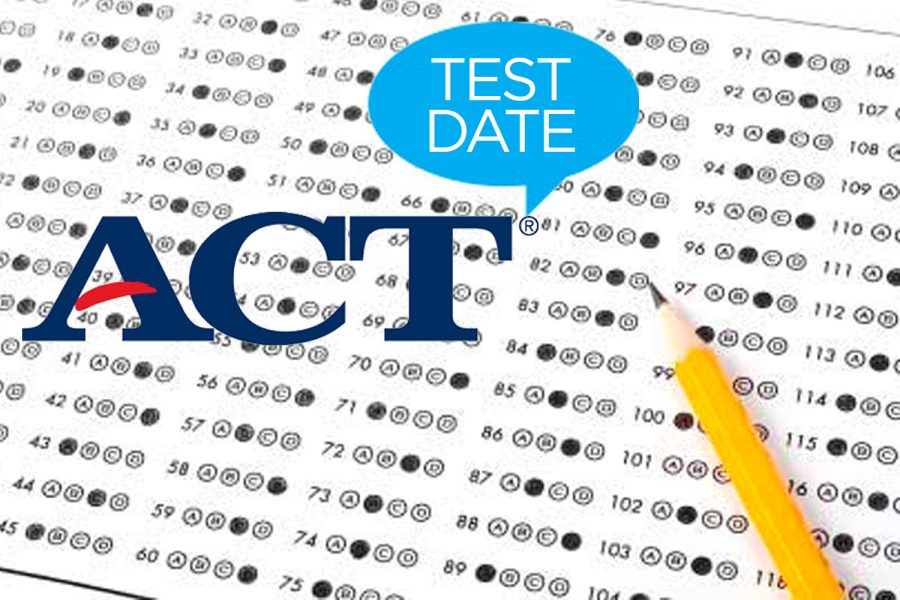York students re-“ACT”
December 18, 2019
Senior Zach Reboletti anxiously logged into his ACT student portal account, hoping to see an improved composite score. Luckily, he did, but it still wasn’t the score for which he’d been hoping for.
“The second time I took [the ACT] my composite went down, but my math score went up,” senior Zach Reboletti said. “If I could’ve just taken math, my score would have improved significantly, and I would have saved them time and money for taking the whole test.”
For years, high schoolers have struggled with having to retake the full-length ACT to improve scores; but that’s about to change.
After students have taken the full-length ACT once, they are now enabled to retest by taking a single section at a time. This change will go into effect starting Sept. 2020.
Previously, students who were looking to improve just one section’s score had no choice but to spend the $52 to $68 (depending on whether they needed to take writing as well) to retake the entire four-hour test, rather than focus on the desired single section. For example, if they only desired the chance of a higher writing score, they were forced to take the lengthy multiple-choice tests as well.
Pricing for taking a single section has yet to be announced; however, it will likely be less expensive than the full-length test. From a financial standpoint, the new option can be beneficial; however, some argue that the difficulty of the test would be significantly decreased.
“Yeah I would’ve done better, but so would have everyone else,” Reboletti said. “I feel like colleges won’t care as much about the ACT anymore because scores will improve all around.”
Juniors who have yet to take the ACT have speculated what this change will mean for them.
“The mental fatigue that factors into standardized testing is completely eradicated with this change,” junior Meera Labine, who has yet to take the ACT, said. “The change will be nice for me, but for everyone else too so my score will have to be that much better.”
In June 2018, prior to the change, The University of Chicago announced that standardized tests, such as the ACT, would no longer be required from applicants.
“If UChicago can stop using (The ACT) before they made it easier, any other college can easily do the same,” senior Emma Fahey said.
The change that affects college admissions the most is ACT’s introduction of a “super score,” a composite score containing the best scores over multiple tests.
While the idea of a “super score” isn’t new, the ACT directly providing one is. Students no longer need to send all of their tests in order to use their super score; colleges will still be able to only look at a single test rather than a super score.
It is still unclear whether colleges have made any changes in response to the new testing options, but this change could be the start of a new admission era.

















